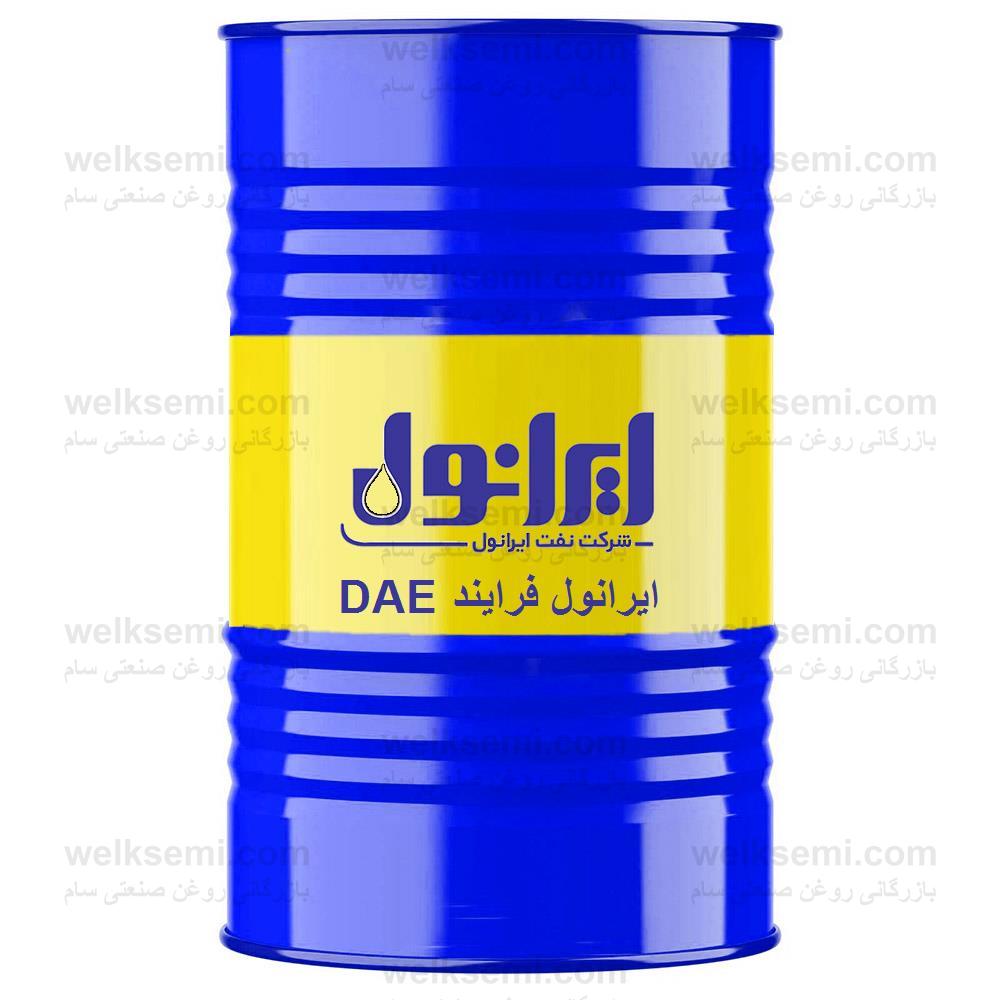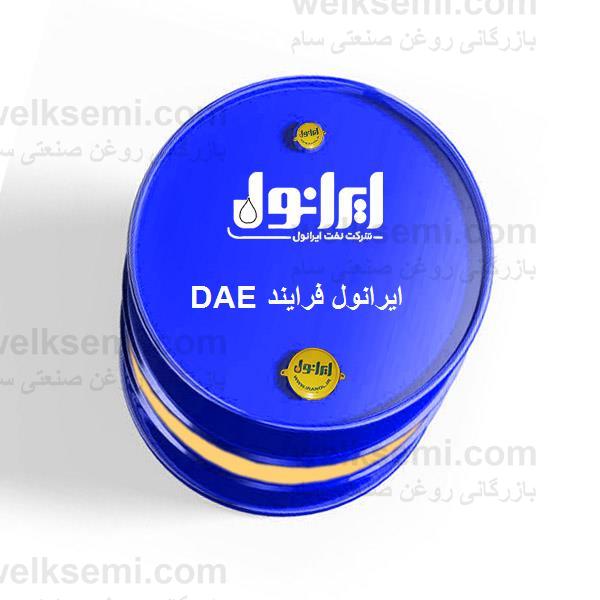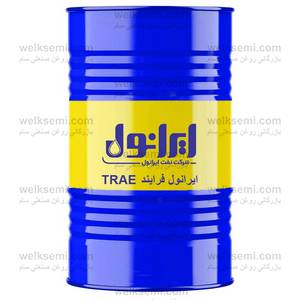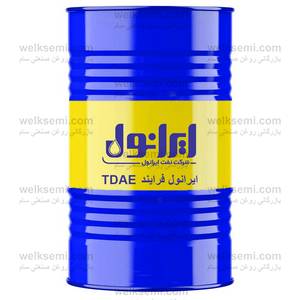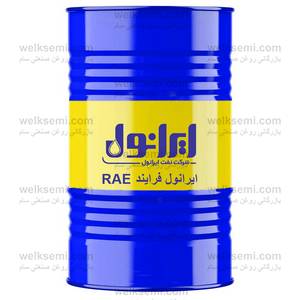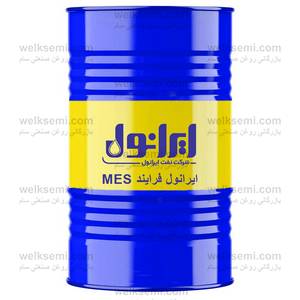Iranol DAE Process Oil: An Overview
Iranol DAE process oil is a specialized oil designed specifically for the rubber industry. It serves as a
processing aid during the manufacturing of rubber products, enhancing the efficiency and quality of the
production process. This product is engineered to provide excellent compatibility with various types of rubber,
ensuring optimal performance in diverse applications. The formulation of Iranol DAE process oil includes
a carefully selected blend of base oils and additives, resulting in significant improvements in processing
characteristics. As industries evolve and require more advanced materials, products like Iranol DAE become
increasingly crucial for maintaining productivity and quality standards.
Characteristics of Iranol DAE Process Oil
The characteristics of Iranol DAE process oil are tailored to meet the specific needs of the rubber
manufacturing industry. One of its key features is its excellent thermal stability, which allows it to
perform reliably under high temperatures encountered during processing. Additionally, its low volatility
ensures that the oil does not evaporate quickly, maintaining its performance throughout the production
cycle. Moreover, the oil's high viscosity index contributes to its ability to maintain consistent
viscosity over a wide temperature range. This property is crucial for ensuring uniformity in the processing
of rubber materials. Furthermore, Iranol DAE is formulated to minimize environmental impact, highlighting
the manufacturer's commitment to sustainability without compromising on product performance.
Applications of Iranol DAE Process Oil
Iranol DAE process oil finds a multitude of applications within the rubber industry. It is extensively
used in the production of various rubber products, including tires, seals, gaskets, and other molded
rubber goods. By acting as a processing aid, it enhances the mixing and flow characteristics of rubber
compounds. This results in improved consistency of the final product, which is vital for ensuring quality
and performance during use. Moreover, Iranol DAE is compatible with both natural and synthetic rubbers,
making it a versatile choice for manufacturers. The oil also plays a role in enhancing the adhesion of
rubber to different substrates, an essential factor in applications where rubber components must bond
effectively. Overall, the diverse applications of Iranol DAE testament to its importance in modern rubber
manufacturing processes.
Benefits of Using Iranol DAE Process Oil
Utilizing Iranol DAE process oil provides numerous benefits to manufacturers in the rubber industry.
One of the primary advantages is enhanced processing efficiency, allowing for faster production cycles
without compromising on quality. The oil improves the flow characteristics of rubber compounds, which
can lead to reduced power consumption during mixing and molding processes. Additionally, the superior
thermal stability of Iranol DAE minimizes the risk of degradation during high-temperature processing,
preserving the integrity of the rubber. This is particularly important for applications that require
high-performance materials. Moreover, the oil's compatibility with various rubber types allows manufacturers
to streamline their operations by using a single processing oil across multiple product lines. By reducing
the complexities involved in production logistics, businesses can achieve significant cost savings while
maintaining product quality.
How to Buy Iranol DAE Process Oil
Purchasing Iranol DAE process oil can be straightforward if you follow a few simple steps. First, it's
essential to identify reliable suppliers or distributors who specialize in industrial oils and rubber
processing products. There are numerous sources available, including online platforms, local distributors,
and manufacturers. When selecting a supplier, it’s crucial to verify their credibility and reputation in
the industry. Look for reviews or testimonials from other customers to gauge their service quality.
Additionally, consider reaching out to the supplier to inquire about pricing, availability, and other
product specifications. Some suppliers may offer bulk purchasing options, which can lead to cost savings
for larger manufacturers. Once you have selected a supplier, placing an order is typically a straightforward
process, involving discussions on pricing, delivery schedules, and payment methods to ensure a smooth
purchasing experience.
Product Specifications of Iranol DAE Process Oil
The specifications of Iranol DAE process oil are critical for manufacturers to understand its suitability
for their specific applications. Key specifications often include viscosity, density, flash point, and
pour point among others. For instance, the viscosity of the oil is a crucial parameter that affects the
mixing and processing behavior of rubber compounds. Typically, Iranol DAE process oil possesses a
viscosity index that ensures consistent performance across various temperature ranges. Density is also
a significant parameter, influencing the weight of rubber formulations. The flash point indicates how
safe the oil is to handle during processing, and a higher flash point generally means safer handling
conditions. Furthermore, manufacturers may also examine the oil’s compatibility with different rubber
compounds to ensure it meets specific formulation requirements. All these specifications must align with
production needs to optimize the performance of the final rubber products.
Technical Information about Iranol DAE Process Oil
Technical information regarding Iranol DAE process oil is vital for those involved in product selection
and formulation. The oil's processing characteristics while blending with rubber compounds can directly
affect the final product's properties. Typical technical data includes detailed chemical composition,
recommended usage rates, and handling procedures. For example, understanding the recommended usage rate
is crucial for achieving optimal performance without adversely affecting the characteristics of the rubber.
Furthermore, manufacturers must adhere to safety data sheets (SDS) provided by suppliers, which outline
handling precautions, first-aid measures, and environmental considerations. When using Iranol DAE in
production, attention to these technical details ensures that the oil performs effectively and safely,
contributing positively to the quality of the manufactured products. Proper knowledge and application of
these technical details make a significant difference in the overall production process, reflecting in the
quality of the final output.
Performance Characteristics of Iranol DAE Process Oil
The performance characteristics of Iranol DAE process oil significantly influence the rubber processing
operations. Key performance metrics include the oil's ability to prevent scorching during high-temperature
mixing processes, its lubrication properties, and its effectiveness in dispersing fillers and other
additives within the rubber matrix. By preventing scorching, Iranol DAE ensures that the rubber retains
its optimal properties throughout processing, leading to better-quality end products. The oil also aids in
achieving uniform dispersion of colorants and fillers, which is essential for maintaining consistent
quality in color and physical properties of the rubber compounds. Additionally, the lubrication qualities
of Iranol DAE contribute to reduced wear and tear on processing equipment, enhancing maintenance schedules.
Overall, the performance characteristics of Iranol DAE make it a preferred choice for manufacturers aiming
for quality and efficiency in their rubber production lines.
Future of Iranol DAE Process Oil in the Rubber Industry
The future of Iranol DAE process oil in the rubber industry appears promising, driven by continual
advancements in technology and increasing demand for high-performance materials. As the rubber industry
seeks to innovate and enhance product performance, there will be continued interest in specialized oils
like Iranol DAE. Manufacturers are expected to focus on sustainable practices, making environmentally
friendly products a priority. This shift could lead to the development of bio-based alternatives to
traditional oils, alongside the ongoing improvement of existing formulations for enhanced performance.
Additionally, as industries evolve and diversify, there will be growing opportunities for tailored
solutions, where manufacturers may look for specific formulations of Iranol DAE to meet unique processing
needs. The combination of growing technological advancements and an emphasis on sustainability indicates
that products like Iranol DAE are set to remain integral to the rubber industry for years to come.
